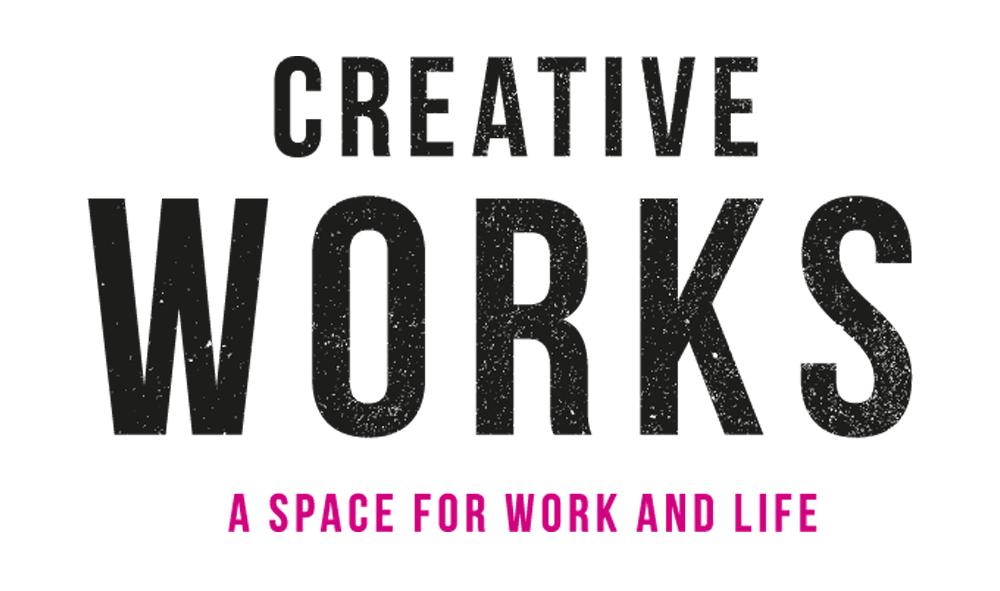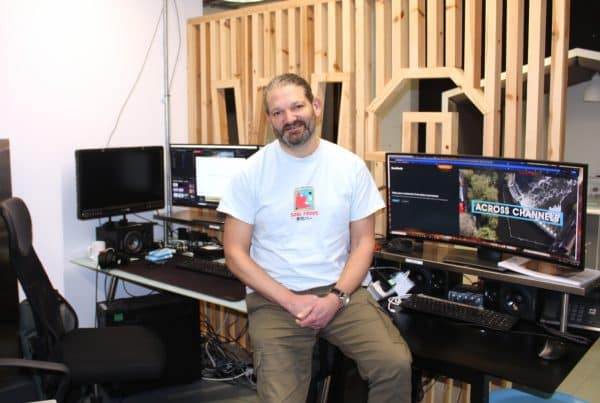Coworking spaces are emerging as alternative hubs of learning where education meets real-world experience. Shared workspaces can offer an environment where knowledge exchange, mentorship, and hands-on education combine to create opportunities for professional learning and development. For coworking members, this is a unique way to connect with diverse talents, acquire new skills, and prepare for the future of work within a supportive and collaborative community.
The increasing popularity of coworking spaces near universities and creative hubs is a strong indicator that these environments are facilitating the connection between academic learning and real-world work experience. As industries rapidly evolve (especially the technology and digital sectors), could coworking spaces offer flexibility and a human touch that traditional education often lacks?
Bridging the Gap between Theory and Practice
Traditional education systems often struggle to keep pace with the demands of modern industries. Coworking spaces have the potential to address this gap by offering theoretical learning alongside practical, hands-on work experiences.
Marco Strillozzi, founder of Fluo Technologies (based at Creative Works), highlights how coworking spaces create invaluable opportunities for young talent to learn on the job. As the lead employer on the T-level apprenticeship programme at Big Creative Education (BCE), the role played by Fluo Technologies perfectly illustrates this: “The format is 20% courses, 80% learning on the job,” Marco explains. This balance ensures apprentices gain not just knowledge but real-world experience that prepares them for meaningful careers.
Marco first became involved with BCT apprenticeships at the end of 2021 when he was looking to hire someone to handle marketing. Creative Works suggested he reach out to BCT to explore the possibility of taking on an apprentice. The team at BCT supported him through the entire process—from drafting the job description to advertising the role, vetting candidates, and organising interviews. Since then, Marco’s businesses have welcomed four apprentices: two content producers and two digital marketers, making Fluo Technologies the lead employer* on the T-level apprenticeship course.
Integrating this type of learning into coworking models presents challenges, as many coworking members are freelancers or small businesses with limited capacity to engage apprentices or participate in placement schemes. Marco proposes innovative solutions, such as co-apprenticeships, whereby multiple businesses share the responsibility of mentoring young learners. This approach exposes apprentices to diverse challenges and broadens their understanding, while employers benefit from fresh talent and shared training efforts.
Learning as an Organic, Community-Driven Process
Unlike traditional classrooms, learning in a flexible workspace happens informally and continuously through peer-to-peer exchanges, casual conversations, and shared projects. These interactions stimulate creativity and provide perspectives that a conventional education setting might overlook.
Marco emphasises that coworking spaces bring together people from various industries and stages of their careers to offer a range of learning opportunities. Marco believes that connecting with multiple organisations provides young people with opportunities to explore different career paths. At a personal level, he asserts that building relationships with diverse members can stimulate creativity and spark interest in areas that might otherwise have been overlooked.
Workshops, guest talks, and industry events hosted in coworking centres further enrich learning. For example, Big Creative Education’s T Level courses blend classroom study with industry placements, equipping students with both academic knowledge and practical skills. These kinds of partnerships, where education providers collaborate with coworking hubs, exemplify the role these spaces can provide as dynamic hubs of learning.

In sectors such as technology and digital media, change is constant and swift, and keeping up-to-date demands continuous learning and access to a network of peers and experts. Coworking spaces are ideally suited to help members exchange insights, trends, and solutions.
Marco reflects on this aspect from his experience in the technology sector: “Networking is crucial for receiving support and staying competitive in fast-evolving industries.”
Marco also highlights that coworking spaces (particularly those catering to creatives and small businesses) should prioritise building connected communities where members learn not only from each other but also from external experts and guests.
Mentorship within coworking spaces should lead to personal growth for both the mentor and mentees (not just the development of technical skills). Marco’s own experience mentoring apprentices at Creative Works shows the benefit of investing time and trust in young people. When he first joined the apprenticeship programme with BCT, he was unsure what to expect, but he soon realised that the learning was mutual and supporting young people is truly rewarding.
His main advice for others who want to get involved in mentoring is to be open-minded, listen carefully to the ideas young people bring, and give them the space to experiment and learn from their mistakes. He emphasises the importance of setting clear targets and deadlines, while providing guidance and support when difficulties arise. Above all, he stresses: “Ensure that they understand you are there to support them, not to judge them all the time.”
As coworking centres continue to evolve, they are carving out a vital role as hubs of continuous learning and mentorship. By merging practical experience with academic knowledge, nurturing community-driven growth, and adapting to the rapid pace of industry change, these spaces could empower members of all ages and backgrounds to thrive.
In the words of Marco Strillozzi, supporting learning is a mutual journey that requires openness, trust, and a willingness to share.
*BCE would like to extend their gratitude to all employers from Creative Works that support their education programmes and apprenticeships.




